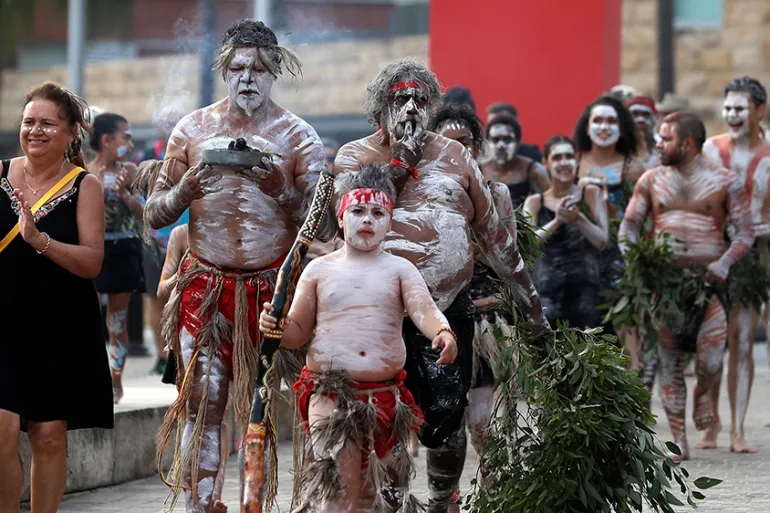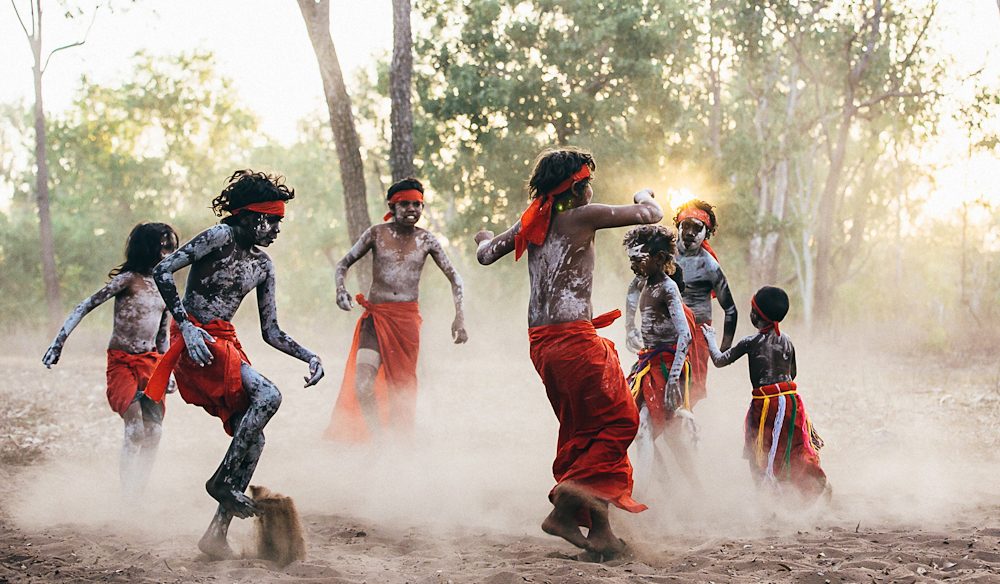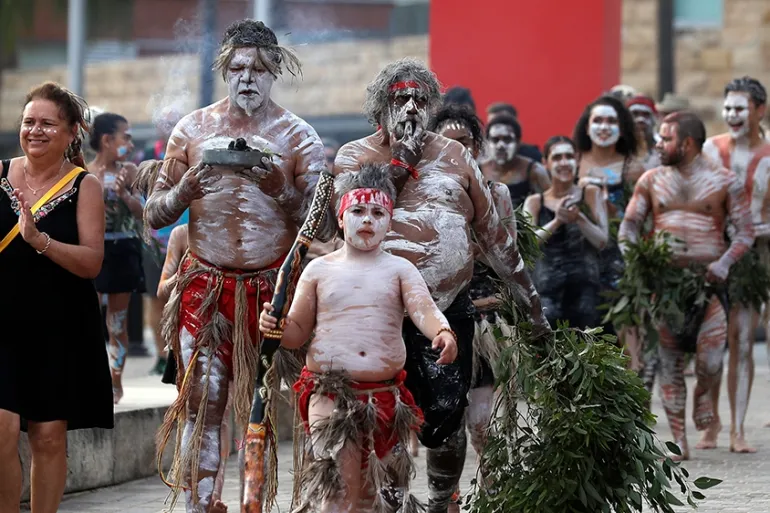Australia’s Aboriginal peoples, comprising diverse tribal groups with unique languages, customs, and traditions, have inhabited the continent for over 65,000 years. Despite centuries of colonization and marginalization, Aboriginal tribes have preserved their rich cultural heritage and spiritual connection to the land. In this article, we delve into the world of Aborigin tribes, exploring their history, traditions, and contemporary challenges.
Introduction: The Indigenous Peoples of Australia

Aboriginal
Historical Context
The history of Aboriginal tribes is one of resilience, adaptation, and survival in the face of colonization and displacement. For millennia, Aboriginal peoples lived in harmony with the Australian landscape, developing intricate social structures, kinship systems, and spiritual beliefs that sustained their communities. However, with the arrival of European settlers in the late 18th century, Aboriginal tribes faced profound disruptions to their way of life, including dispossession of land, forced removal of children, and loss of cultural autonomy.
Cultural Diversity
Aboriginal tribes are incredibly diverse, encompassing hundreds of distinct language groups and cultural traditions across Australia. Each tribe has its own unique customs, ceremonies, and Dreaming stories, which are passed down orally from generation to generation. These cultural practices play a central role in shaping the identity and worldview of Aborigin peoples, reinforcing their connection to country and community.
Traditional Knowledge and Wisdom
Aboriginal tribes possess a deep understanding of their natural environment, acquired through thousands of years of observation, experimentation, and adaptation. This traditional ecological knowledge encompasses sustainable land management practices, seasonal calendars, and medicinal plant use, which continue to inform Aboriginal peoples’ relationship with the land and their efforts to protect and conserve natural resources.
Contemporary Challenges
Despite their resilience and cultural strength, Aboriginal tribes continue to face significant challenges in the modern world. Socioeconomic disparities, health inequalities, and systemic discrimination persist within Aborigin communities, reflecting broader patterns of social exclusion and marginalization. Additionally, ongoing disputes over land rights, environmental degradation, and loss of cultural heritage pose threats to the well-being and autonomy of Aborigin tribes.

Aboriginal
Cultural Revitalization and Empowerment
In recent decades, Aboriginal tribes have embarked on efforts to revitalize and celebrate their cultural heritage, reclaiming traditional practices, languages, and storytelling traditions. Initiatives such as cultural festivals, language revitalization programs, and land rights campaigns have empowered Aborigin communities to assert their rights, preserve their heritage, and promote intergenerational healing and resilience.
Honoring the Legacy of Aboriginal Tribes
Aboriginal tribes are the custodians of Australia’s oldest living cultures, embodying a profound connection to the land and a rich tapestry of traditions, languages, and stories. Despite centuries of adversity, Aborigin peoples’ resilience, strength, and cultural vitality endure, inspiring admiration and respect around the world. As Australia continues to reckon with its colonial past and forge a path towards reconciliation, honoring the legacy of Aborigin tribes and upholding their rights and aspirations are essential steps towards building a more just, inclusive, and harmonious society.
Exploring the Strengths and Challenges of Aboriginal Tribes: Preserving Heritage in a Changing World
Australia’s Aboriginal tribes, with their rich cultural heritage and deep connection to the land, embody centuries of resilience and adaptation in the face of profound challenges. While their traditions and customs have endured for thousands of years, Aborigin communities also grapple with contemporary issues that impact their well-being wdbos and autonomy. In this article, we examine the strengths and challenges of Aboriginal tribes, shedding light on the complexities of preserving their heritage in a rapidly changing world.

Aboriginal
Strengths of Aboriginal Tribes:
- Cultural Resilience: Aboriginal tribes possess a profound sense of cultural resilience, rooted in millennia of connection to the land and a strong sense of identity and community. Despite centuries of colonization and marginalization, Aborigin peoples have maintained their cultural traditions, languages, and spiritual beliefs, passing them down through generations and adapting them to contemporary contexts.
- Traditional Ecological Knowledge: Aboriginal tribes possess a deep understanding of their natural environment, acquired through generations of observation, experience, and oral tradition. This traditional ecological knowledge encompasses sustainable land management practices, seasonal calendars, and medicinal plant use, offering valuable insights into biodiversity conservation and ecosystem resilience.
- Community Cohesion: Aboriginal communities are characterized by strong kinship ties, reciprocal obligations, and collective decision-making processes that promote social cohesion and mutual support. These close-knit social networks provide a sense of belonging and security for community members, fostering resilience and solidarity in the face of adversity.
Challenges Facing Aboriginal Tribes:
- Socioeconomic Disparities: Aborigin communities experience disproportionately high levels of socioeconomic disadvantage, including lower levels of education, higher rates of unemployment, and poorer health outcomes compared to the broader Australian population. These disparities are rooted in historical injustices, systemic discrimination, and ongoing marginalization within Australian society.
- Land Rights and Cultural Heritage: Aborigin tribes continue to advocate for recognition of their land rights and protection of their cultural heritage in the face of ongoing threats from resource extraction, urban development, and environmental degradation. Disputes over land ownership and management often lead to conflicts with government authorities and industry stakeholders, challenging Aboriginal peoples’ ability to preserve their traditional lands and sacred sites.
- Health and Well-being: Aborigin communities confront significant health disparities, including higher rates of chronic diseases, mental health issues, and substance abuse compared to non-Indigenous Australians. Limited access to healthcare services, cultural insensitivity in mainstream healthcare systems, and the intergenerational impacts of historical trauma contribute to these health inequities.
Conclusion: Navigating the Path Forward
In conclusion, Aboriginal tribes possess unique strengths and face formidable challenges as they strive to preserve their cultural heritage and way of life in a rapidly changing world. While their cultural resilience, traditional knowledge, and community cohesion serve as sources of strength, socioeconomic disparities, land rights struggles, and health inequalities pose significant obstacles to their well-being and autonomy. Navigating the path forward requires a commitment to reconciliation, social justice, and empowerment of Aborigin communities, ensuring that their voices are heard, their rights are respected, and their cultural heritage is safeguarded for future generations.
Read More Article About “Expensive Coffee: Discovering the Luxurious Aromas of World’s Finest Brews“



